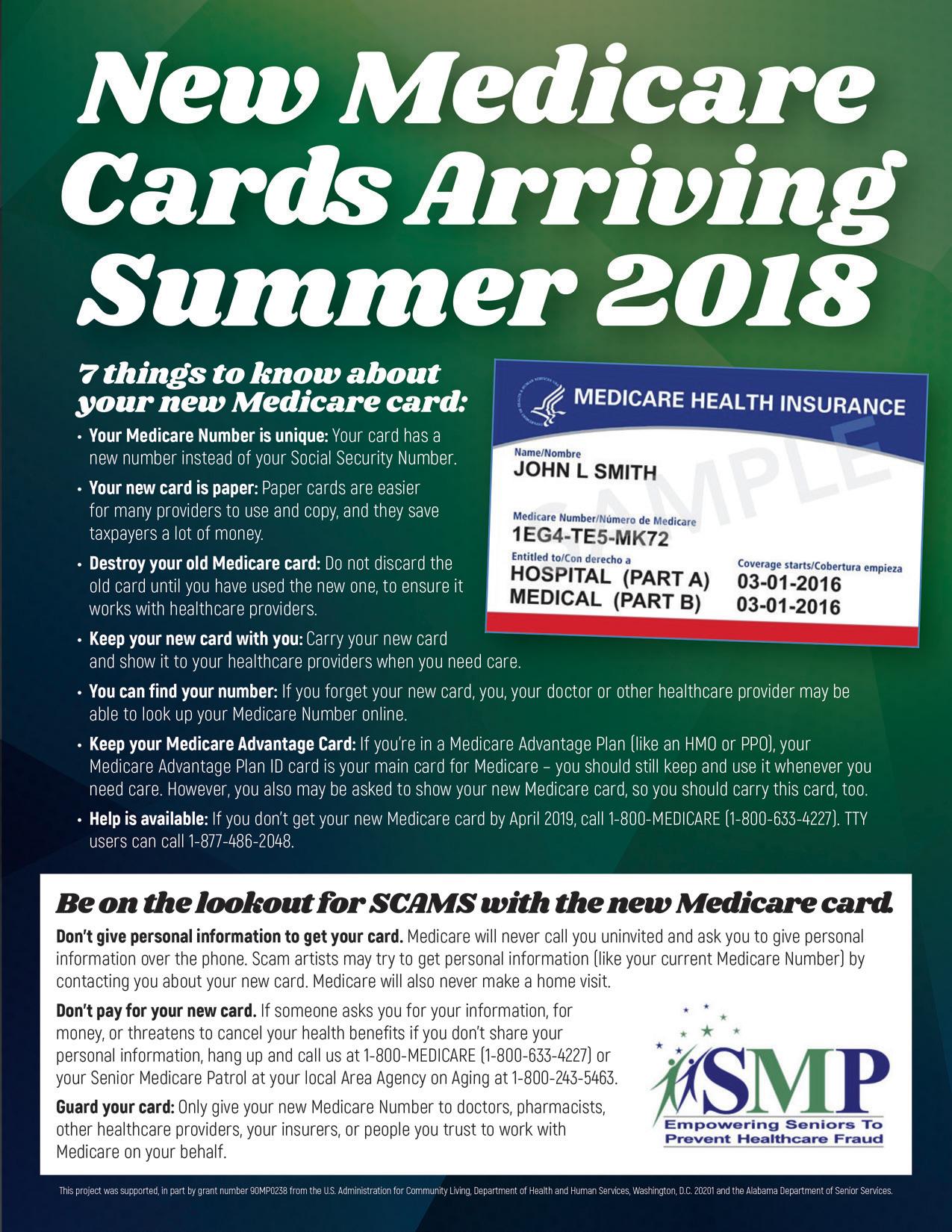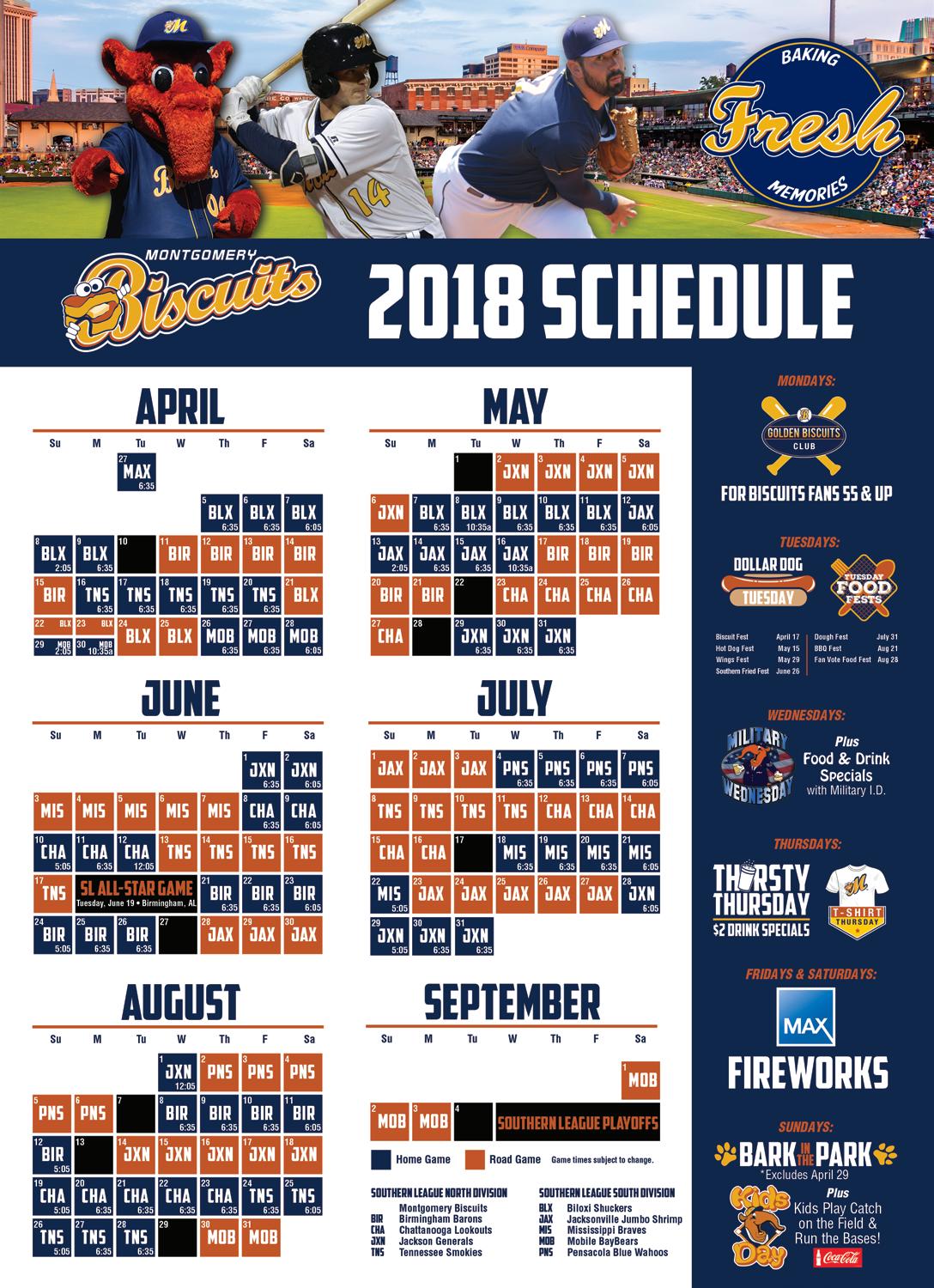
7 minute read
IN BALANCE
inBalance
Cancer Basics: Genetic Testing
The More You Know
Learn how genetic breast cancer screening works, how it is saving lives and why some are choosing it to gain more control of their health.
On a November day a little more
than two years ago, Tina Hodge heard news that would change her life and set her on a journey she had not before imagined. The month before, at the suggestion of a friend, Hodge decided to undergo genetic testing to determine her risk for breast and other cancers. The results were surprising: a gene mutation put Hodge at an 87-percent risk of breast cancer, 60-percent risk of ovarian cancer and slight risk for pancreatic cancer and melanoma. “I never thought I’d have a gene mutation,” Hodge said.
As Clinical Operations Manager of Breast Health at Baptist Breast Health and Montgomery Breast Center, Hodge is no stranger to breast cancer. She spends a great deal of time counseling and supporting breast cancer patients and survivors throughout their various treatments and surgeries, but suddenly she found herself in need of counseling and support as a “previvor”—somebody taking preventative steps to dramatically decrease the risk of cancer.
With the full support of her husband and family, she opted for a bilateral mastectomy with reconstructive surgery and the removal of her ovaries. Hodge began the first of her surgeries within six months of her test results. “The decision (for surgery) is a personal one,” Hodge said. “For me, I wanted to see my grandkids and see my kids grow up. I’m confident I made the right decision.” Hodge decided to undergo screening because her father and his brother both passed away from pancreatic cancer, which raised a red flag in her family’s medical history.
It’s Not for Everyone
The risk for inherited breast cancer is smaller than one might think: abnormal gene mutations account for up to 1 in 10 of all breast cancers, and most people who develop breast cancer have no family history of the disease. The majority of the population doesn’t need genetic screening.
Montgomery Cancer Center oncologist Dr. John Reardon says family medical history is critical in determining who is a likely candidate. “We don’t need to test everybody,” he said. “And it’s really not a screening for breast cancer; it’s to identify a high risk in a person, and let them know in advance.”
Potential candidates for screening have three or more women in their family with breast and/or ovarian cancer diagnoses (especially if breast cancer is diagnosed at an age younger than 50); have a family history of both ovarian and breast cancer; have a male relative with breast cancer; and are of Ashkenazi (Eastern European) Jewish descent, among other factors.
Be Prepared
Hodge and Reardon strongly recommend that concerned individuals confer with a genetic counselor before undergoing genetic screening. A counselor can help the individual put together a detailed medical family tree to determine how cancer diagnoses are related to each other and the individual, as well as offer counseling in how to proceed with the test and its results. “It’s a whole psychological thing to go through,” Hodge said. “The testing isn’t for everyone.”
The truth about test results
A negative result doesn’t mean the risk of cancer is eliminated, but a positive result doesn’t mean a cancer diagnosis is imminent either.
Some people choose not to undergo testing, preferring not to know or worry about something still uncertain. Others who choose the screening and test positive for the gene mutation might choose increased surveillance over a series of major preventative surgeries.
There is more beauty in truth, even if it is a dreadful beauty.
- JOHN STEINBECK A negative result doesn’t mean the risk of cancer is eliminated, but a positive result doesn’t mean a cancer diagnosis is imminent either. Hodge said individuals react very differently to the answers the testing brings.
Some people choose not to undergo testing, she said, preferring not to know or worry about something still uncertain. Others who choose the screening and test positive for the gene mutation might choose increased surveillance over a series of major preventative surgeries. And once a test is back, positive or negative, there is a wealth of emotions and medical jargon to process. “We really prefer the test not be set for a person without counsel,” Reardon confirmed. “They need someone to counsel them on the potential risk and the potential treatment.”
Hodge says the relationships between cancers can require navigation. Not only that, but the emotions that play out in the treatment options can be hard truths to swallow, especially if a woman is looking at a mastectomy or hysterectomy. And even post-recovery, individuals must commit to vigilant surveillance with blood screens, MRIs and mammograms. “I was so thankful that I had a genetic counselor,” Hodge said. “To me that’s a very important piece of the puzzle.”
Increased Knowledge
Genetic panels for screenings are expanding, but the three most common genes screened for breast cancer and ovarian cancer are BRCA1, BRCA2 and PALB2. It’s possible for women to inherit a mutation from either their mother or father (like Hodge did) that alters these genes and puts individuals at an increased risk for a cancer diagnosis.
Genetic screening for breast cancer has been available for many years, but Reardon says a surge in public awareness is making it more accessible and affordable. As more and more people compile medical family histories and undergo appropriate genetic screenings, the database of gene mutations increases and gives doctors and patients another tool in the fight against cancer. “I think probably at some point we’ll all have these genetic panels drawn,” Reardon said. “Ultimately, we’ll be able to be identified with a profile.” But for the here and now, it’s everyday people like Hodge who are building the database of gene mutations and giving scientists a peek into how they relate to inherited risks and disease.
SUPPORTING & SURVIVING
For most people, genetic screening is still a bit of a mystery. To help support others going through what she did, Hodge facilitates FORCE (Facing Our Risk of Cancer Empowered), a support group for individuals (men or women) who are processing the implications of genetic cancer screenings. The group meets together, but most support is offered via email. Hodge recalled that when her journey began more than two years ago, a friend predicted it would bring a new purpose. “She said, ‘I think God is going to use you in a way that we can’t see yet,’” Hodge said. “I think I’ve seen it.” For more information about FORCE, contact Hodge at TRHodge@baptistfirst.org.

2018 JUN/JULY/AUG
DIVE IN TO SOME OF OUR FAVE FESTIVALS AND SHINDIGS SO FUN THEY TAKE A BIT OF THE BURN OUT OF THIS SEASON’S STIFLING HEAT.
PINK YOUR RIDE
CLANTON Chilton County Peach Festival June 23-28
chiltonchamberonline.com
Music, food and the arts are enjoyed by all at this beloved peach-centric jubilee that celebrates this sweet, soft, fuzzy fruit. It’s just peachy, y’all!
PIKE ROAD Summerfest July 4
pikeroad.us
Now a staple Independence Day celebration, this family fest takes place amid the tranquility of the beautiful The Waters neighborhood with live music and fireworks.
ALEX CITY Arti Gras on the Town Green at Russell Crossroads July 6-7
russellcrossroads.com
Arti Gras features dozens of artists from throughout the South, with juried work that can be viewed and purchased, including paintings, jewelry, photography and sculpture. This annual event is located on the town green.
MONTGOMERY Montgomery Dragon Boat Race & Festival August 25
montgomerydragonboat.org
Nine years and going strong! Teams of paddlers push slim, colorful boats down the Alabama river, competing in this race that has roots in ancient China. And it all raises money for charity!
Pla SHinto
YEARNING TO GET BACK IN NATURE, BUT THE SUMMER HEAT IS A BIT MUCH? FIND A WATERING HOLE! These two natural swimming spots around the River Region will cool you down quick, and often have some fun summer events planned too.
Autauga Creekwalk, Downtown Prattville
This peaceful creek winds alongside the town and is adjacent to the concert series hosted here each summer. Be sure to check out the tubing options!
Chewacla State Park, Auburn
There’s so much to do and see at this scenic state park, but if it’s summer, you’ll want to head to the lake that happens to connect to a picturesque waterfall with rocks strewn along to play!
CHECK OUT MORE WET SPOTS TO ENJOY IN OUR SUMMER 2017 ISSUE ONLINE AT JOYTOLIFE.ORG.


Get first-class cancer treatment at the best place possible. Right here at home.
Montgomery Cancer Center has been accredited by the Commission on Cancer of the American College of Surgeons, joining a list of prestigious cancer centers like Johns Hopkins, MD Anderson and Mayo Clinic. We are constantly striving for excellence and this accreditation confirms that we are delivering a level of cancer care that only the most elite cancer centers in America can offer. Our goal is to be here for our community with the highest level of treatment and patient-centered care, so you never have to leave home.
MontgomeryCancerCenter.com





